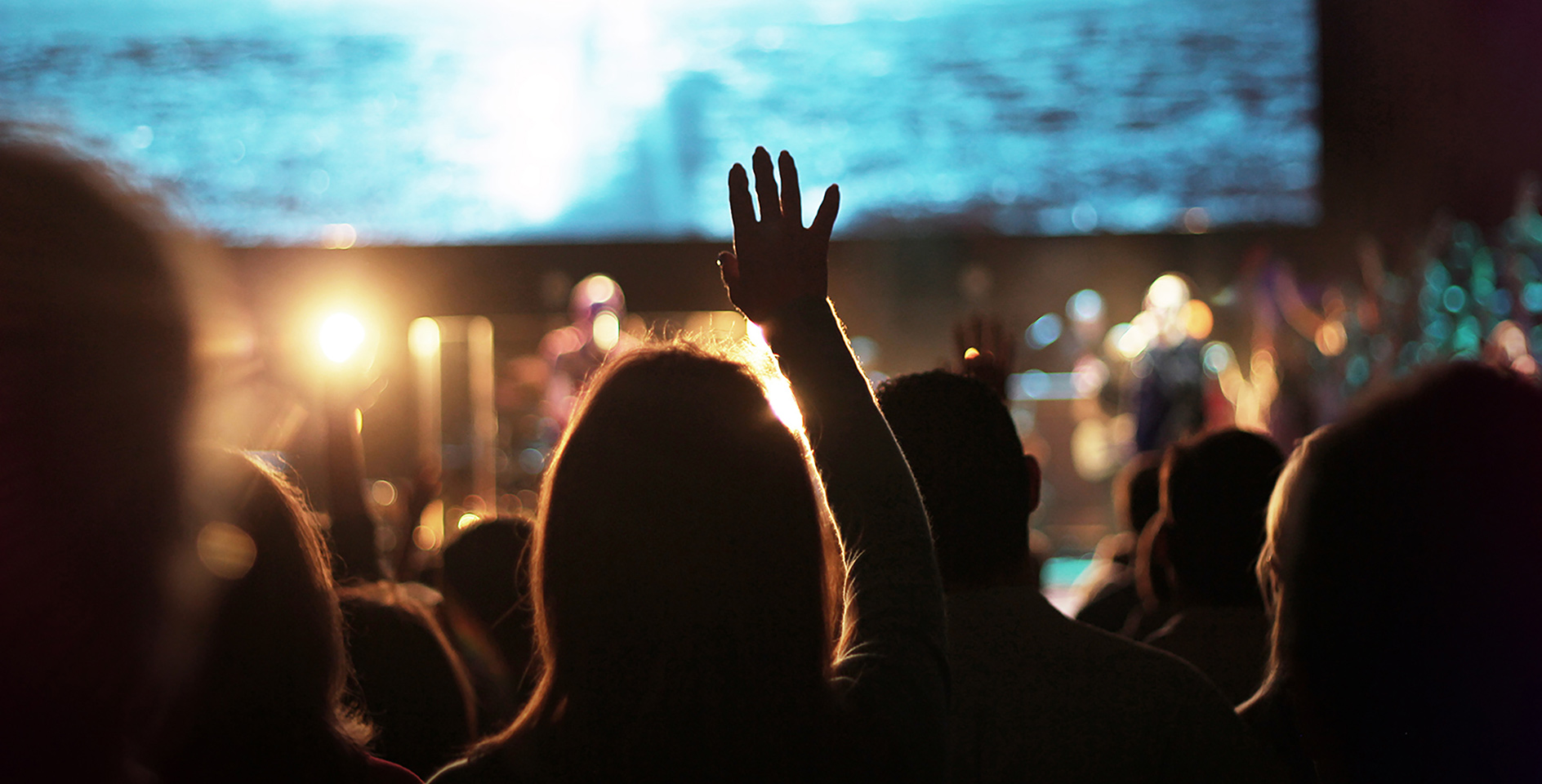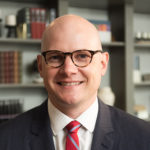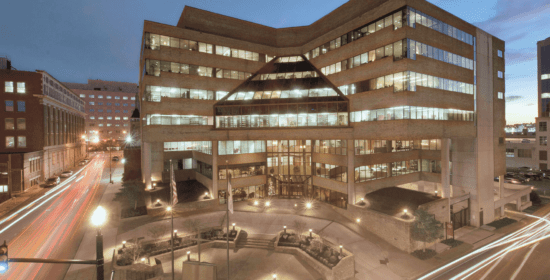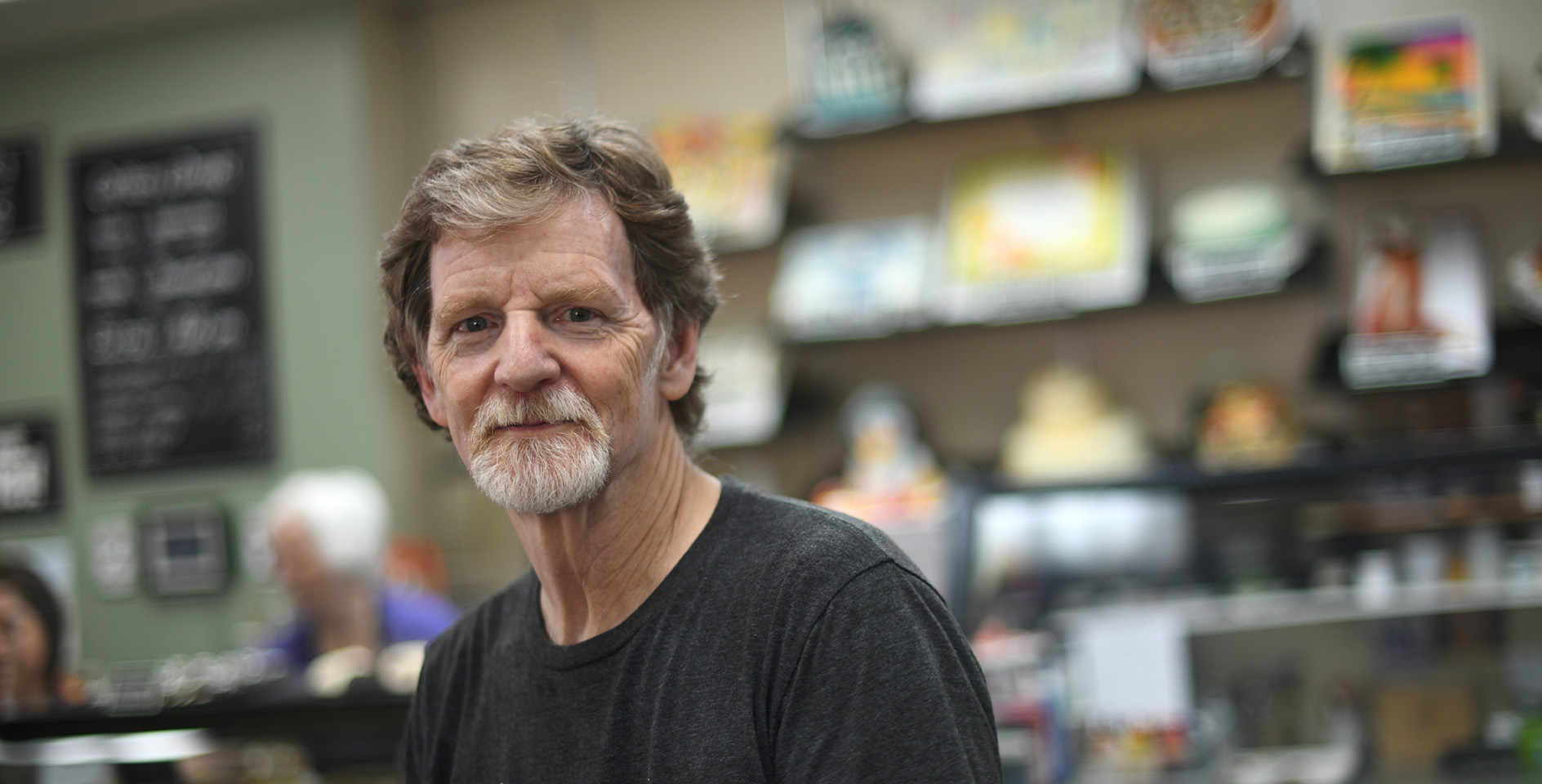For Christians, singing together in corporate worship is about more than entertainment or even tradition. Christians are commanded to sing together, offering their praises unto God, when they gather for worship (Psalm 68:4-5, Col. 3:16). And throughout their long history, the people of God have been a singing people.
In light of COVID-19, the Trump administration earlier this year, through the Centers for Disease Control and Prevention, released guidance for churches that encouraged them to “consider temporarily suspending singing, chanting, or shouting during events especially when participants are in close proximity to each other.”
As the COVID-19 outbreak persisted and even escalated in some parts of the country, various state and local authorities have provided directions consistent with the above guidance from the Trump administration. However, there are instances in California and New Mexico where officials have taken actions that move beyond guidance and instead have issued what appear to be bans on singing in worship services.
In California, the American Center for Law and Justice has sued the state of California over its new guidance. However, the conservative Pacific Legal Institute sent a letter to California pastors arguing that the new guidance from California is just that—guidance—pointing to the fact that the document is not in the form of an order, is not signed by a government official, and does not cite any legal authority.
In any event, government orders that touch on the liturgical elements of worship services, understandably, prompt questions about the proper spheres of church and state. The Baptist Faith and Message says, “Church and state should be separate.”
Is a government prohibition on singing a violation of religious liberty?
Yes, except in extraordinary circumstances. Should such circumstances arise, such as a global pandemic, the key lens to assess the potential violation is whether government officials are treating houses of worship the same as similar activities, spaces, or businesses.
The First Amendment provides broad and strong protections for religious exercise, and governments should ordinarily avoid any interference with a church’s worship practices. For this reason, we have repeatedly counseled throughout this pandemic that civic leaders must regularly assess whether exemptions are applied consistently and in a way that respects First Amendment protections for churches.
The same applies to singing. If orders against singing exempt some businesses or activities (that are truly commensurate to churches) and not churches, this would be an instance of treating houses of worship unequally from other similarly situated entities.
As Russell Moore put it in his recent article, “How do you know if your religious liberty is violated?”:
Could a government allow gatherings of people to assemble at houses of worship as long as there is a temporary suspension of singing? Perhaps, if the government shows reasonably that singing could faster spread the virus, thus endangering people in the community and if the same sort of mandate applies to concerts or glee clubs or musical dramas or marching bands or half-time sports shows. In short, the government could not say that singing must be suspended indefinitely—to keep any future virus from taking hold—because weekly singing isn’t “essential,” in their view. And the government could not allow a community presentation of Beauty and the Beast while prohibiting a Christmas cantata at First Methodist Church.
Should church services be treated the same as other public gatherings?
Yes. Insofar as church services and public gatherings are similar to one another, they must be treated equally. The same constitutional amendment that protects the freedoms of speech and assembly also protects the freedom of religious exercise.
So whether it is public gatherings such as patriotic celebrations, marches, demonstrations, or church activities, all of them need to be treated the same in terms of public health and that should not be dependent on the purpose of the gathering.
A number of Christian leaders have pointed to the fact that outdoor demonstrations have been allowed, while indoor church services are restricted in various ways.
Adding to this inconsistency are examples where public health officials have weighed in on matters beyond the scope of epidemiology. For example, it was unhelpful when a group of public health experts, many of whom are affiliated with the University of Washington, signed a letter that suggested that COVID-19 guidelines should be suspended for certain kinds of gatherings. To be clear, the First Amendment does not draw such a distinction. Even though the government does have the power to curtail activities protected by the First Amendment in times of national emergency, it is imperative that such restrictions be evenly applied.
Still, many top public health officials did recognize both the ongoing threat and indiscriminate nature of the virus and continued to raise concerns about the spread of COVID-19 during the racial justice protests in the aftermath of George Floyd’s murder, though their comments were not covered as widely as the University of Washington letter.
Finally, it is worth underscoring this point: A number of gatherings and marches have happened almost entirely outdoors. Recent studies have shown that COVID-19 is 20 times less likely to be transmitted outdoors. This could be the reason that it does not seem that racial justice protests have led to an increase in the spread of COVID-19.
Even if it’s legal, should governments prohibit singing in churches?
We believe that pastors and churches can be trusted to love their neighbors and their brothers and sisters in Christ during this pandemic. And so, we have repeatedly said that when it comes to houses of worship, the government should issue guidance and guidelines rather than mandates and threats. Religious leaders and civic leaders are co-equal partners in the fight against COVID-19, and when the government issues mandates without engagement with the faith community, we believe the spirit of that partnership is eroded.
With that said, we have been in touch with hundreds of pastors around the country, and the daily conflict on social media does not reflect what is actually happening in many communities. In most places, there is a strong partnership, and governments have been responsive to concerns raised by the faith community throughout this public health crisis.
It should not be necessary for governments to prohibit singing in church services. More broadly, it should not be necessary for governments to direct any aspect of church actions within a worship service. We believe the First Amendment provides the framework for both the church and state spheres to successfully navigate this crisis, together, without resorting to threats and legal action.
How should churches approach singing during worship services?
Until there is a vaccine for COVID-19, churches will need to carefully consider how to ensure that worship services do not result in the spread of the virus.
Church leaders should consider ways to mitigate the potential spread of COVID-19 during their worship services. Based on what we know about the transmission of the virus at the date of publication of this piece, indoor, air-conditioned services that generally take between one and one and a half hours in close quarters seem to provide an ideal setting for the spread of COVID-19 unless measures are taken to limit the spread of the disease, such as social distancing and wearing masks. Singing, or any projection of a person’s voice, significantly increases the risk of the spread of COVID-19. Pastors and church leaders will need to assess this risk carefully as they plan and coordinate their worship gatherings over the next several months.
Overall, during church activities of any kind, preventing the transmission of COVID-19 is an absolute necessity. One question to ask of every activity is “If one or more of the participants is carrying the virus, will this activity cause the disease to spread at our church?”
Every church is different. Whether singing during worship services increases the risk of spreading COVID-19 depends on the size of the congregation, the size of the sanctuary or meeting space, ventilation, and what other measures are being taken to mitigate potential transmission of the virus.
In thinking through all scenarios, we would again point to the CDC guidance for community and faith-based organizations. We believe it provides a helpful framework for churches. Russell Moore, president of the ERLC, commented, “The CDC guidance seems reasonable and helpful to me. The tone is, appropriately, not a directive to churches but counsel based on the medical data . . . most congregations are already on top of thinking through these issues. People want to be confident that when their church reopens every reasonable precaution is taken, and that’s exactly what I see church leaders doing.”












